insulateing shed
johnaw
16 years ago
Related Stories

MATERIALSInsulation Basics: What to Know About Spray Foam
Learn what exactly spray foam is, the pros and cons of using it and why you shouldn’t mess around with installation
Full Story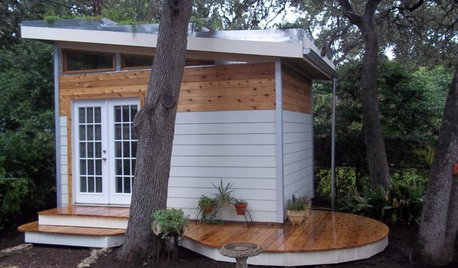
MOST POPULARHow to Add a Backyard Shed for Storage or Living
Need a home office, a playspace or extra room for your stuff? Learn about off-the-shelf, prefab and custom sheds
Full Story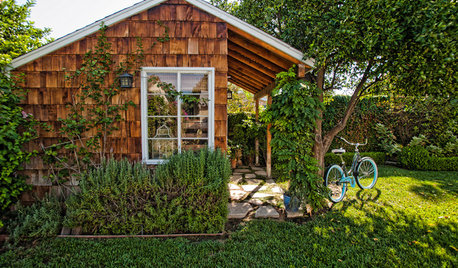
BACKYARD IDEAS7 Backyard Sheds Built With Love
The Hardworking Home: Says one homeowner and shed builder, ‘I am amazed at the peace and joy I feel when working in my garden shed’
Full Story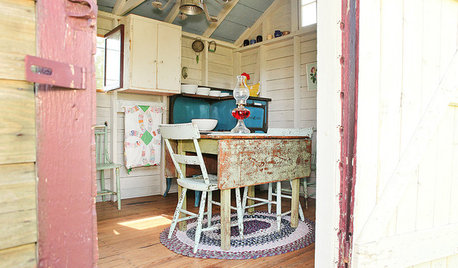
HOUZZ TOURSMy Houzz: A Backyard Getaway Emerges From a Grain Shed
Cozy and brimming with country charm, this snug antiques-filled hideout encourages quiet pastimes
Full Story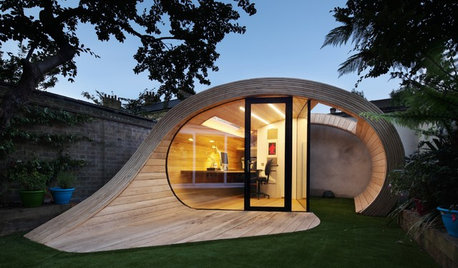
OUTBUILDINGSWorld of Design: 11 Inspiring Sheds From Santa Barbara to Stockholm
Outbuildings from around the world show how sheds and cottages set the scene for everything from baking in a sauna to beekeeping
Full Story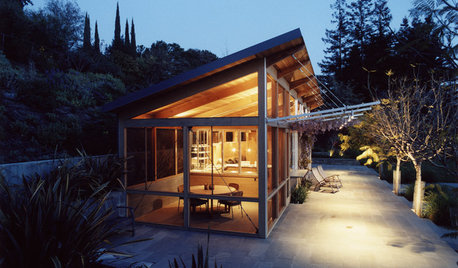
ARCHITECTUREDesign Workshop: The Shed Roof
This popular — and versatile — form straddles the divide between contemporary and traditional styles
Full Story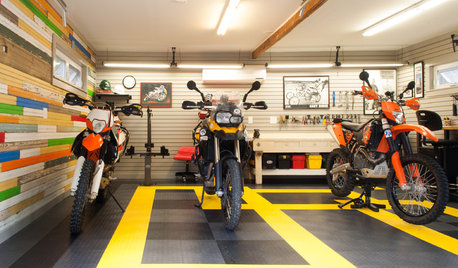
STUDIOS AND WORKSHOPSFrom Backyard Shed to Motorcycle Haven
Smart repurposing and upgrades turn a deteriorating shed into a place for prized bikes
Full Story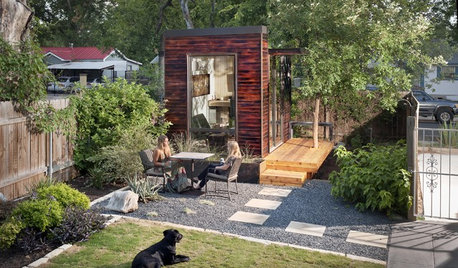
HOME OFFICESHouzz Tour: Ecofriendly Home-Office Shed in Austin
A new father finds work-life balance with a stylish home-office shed in the backyard
Full Story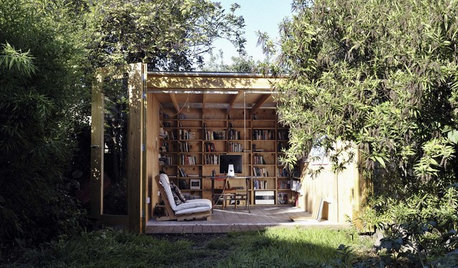
MORE ROOMSHouzz Tour: Shed-Turned-Office in a London Garden
Working and being outdoors aren't mutually exclusive for a U.K. couple — they built an office space amid the greenery of their backyard
Full Story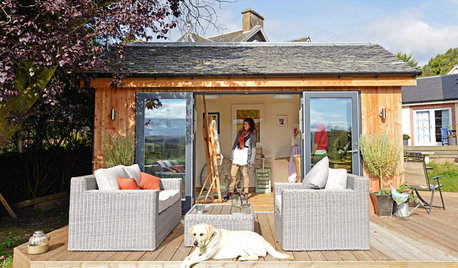
MOST POPULAR11 Nominees for the ‘She Shed’ Hall of Fame
These special sanctuaries let busy women get away from it all without leaving the backyard
Full Story





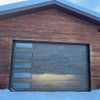
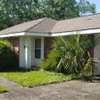
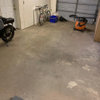
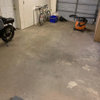
oleycow
davidandkasie
Related Professionals
Aspen Hill Interior Designers & Decorators · Nashville Interior Designers & Decorators · Struthers Interior Designers & Decorators · Sweetwater Interior Designers & Decorators · Langley Park Cabinets & Cabinetry · Burr Ridge Cabinets & Cabinetry · Allentown Cabinets & Cabinetry · Bullhead City Cabinets & Cabinetry · Citrus Heights Cabinets & Cabinetry · Graham Cabinets & Cabinetry · Lakeside Cabinets & Cabinetry · Newcastle Cabinets & Cabinetry · Red Bank Cabinets & Cabinetry · Phelan Cabinets & Cabinetry · Bellwood Cabinets & Cabinetryoleycow
davidandkasie
oleycow
davidandkasie
johnawOriginal Author
davidandkasie